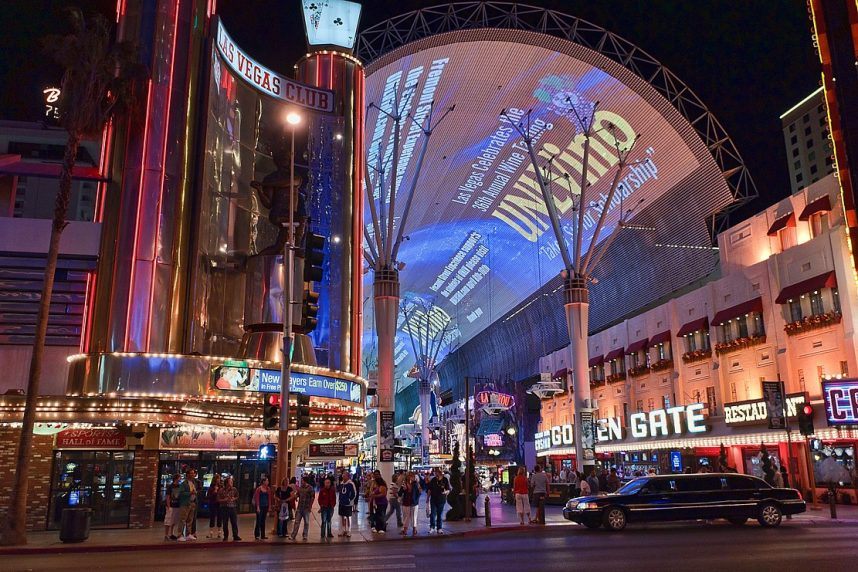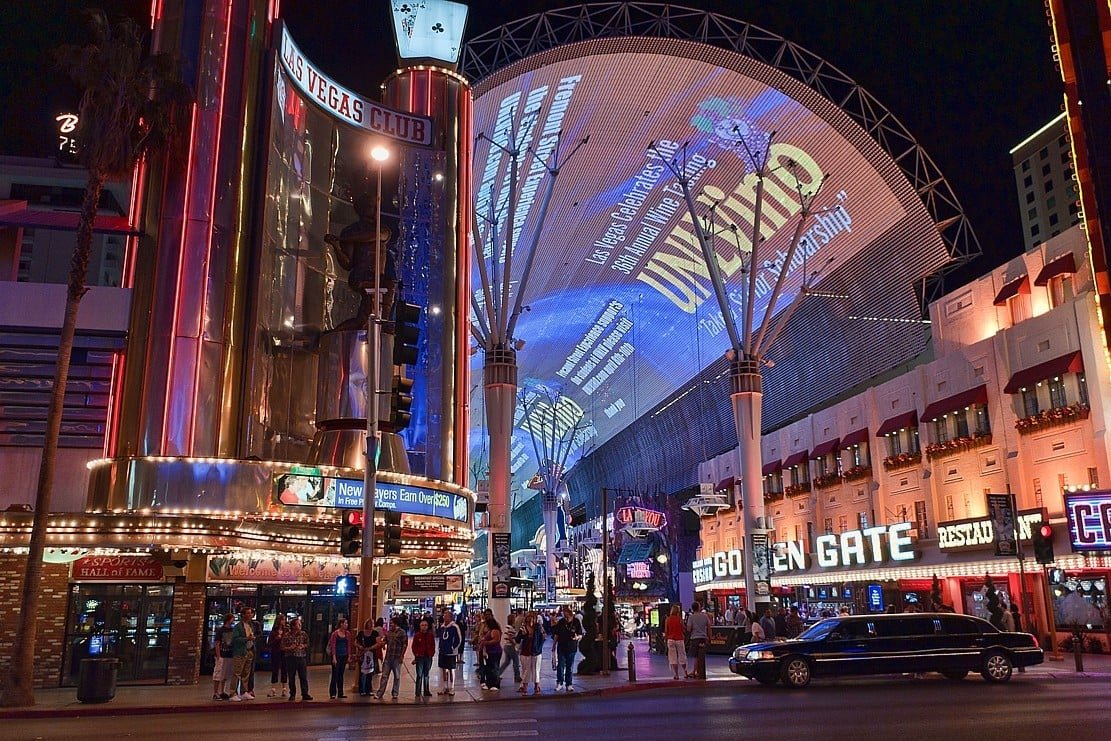Posted on: October 2, 2024, 08:01h.
Last updated on: October 2, 2024, 08:03h.
The city of Las Vegas (known to tourists as “downtown”) voted unanimously on Wednesday to expand its “order-out corridor.” This is the tourist area that judges may ban people from entering for up to a year, in lieu of jail sentences, after convictions for misdemeanors committed in that area.

The city’s original order-out corridor, which took effect last November, consisted of Fremont Street and the area around The Strat. Now, it will include 29 more acres around the Plaza Hotel and Main Street Station.
Police may arrest anyone they find in areas from which they are banned by court order without any further evidence of criminal activity.
City officials claim the ordinance reduces crime. During a presentation at City Hall in July, they said that 246 people had been ordered to stay out of downtown during the first eight months after the ordinance went into effect.
Just over 80 were jailed for violating the order, officials said, and only nine went on to violate the order a second time.
The most common of their crimes were trespassing, battery, obstructing police or providing false information, and disturbing the peace.
“This really is a critical first step for us and it is only to protect everybody, including law enforcement,” Mayor Carolyn Goodman, sponsor of the original ordinance, said at a City Council meeting in November.
Taking Liberties?
There is almost no question that the American Civil Liberties Union (ACLU) of Nevada, which spoke against the expansion at Wednesday’s City Council meeting, will sue the city. It is already challenging Las Vegas’ first order-out corridor, enacted two years ago by Clark County in and around the Las Vegas Strip.
The ACLU filed a joint amicus brief last summer on behalf of Ackeem Ramsay, a man on supervised probation who was banned from the Strip for pandering. The brief argued that banning Ramsay was unconstitutional because even convicted criminals have the First Amendment right to access traditional public forums.
The ACLU also argued that order-out corridors unjustly target the homeless, who have no place else to go. According to the ACLU, more than half of order-out offenders arrested on the Strip — hundreds of people — have been homeless.
Both ordinances expanded the scope of previous order-out zones, which were limited to criminals convicted of prostitution or drug offenses.


Recent Comments